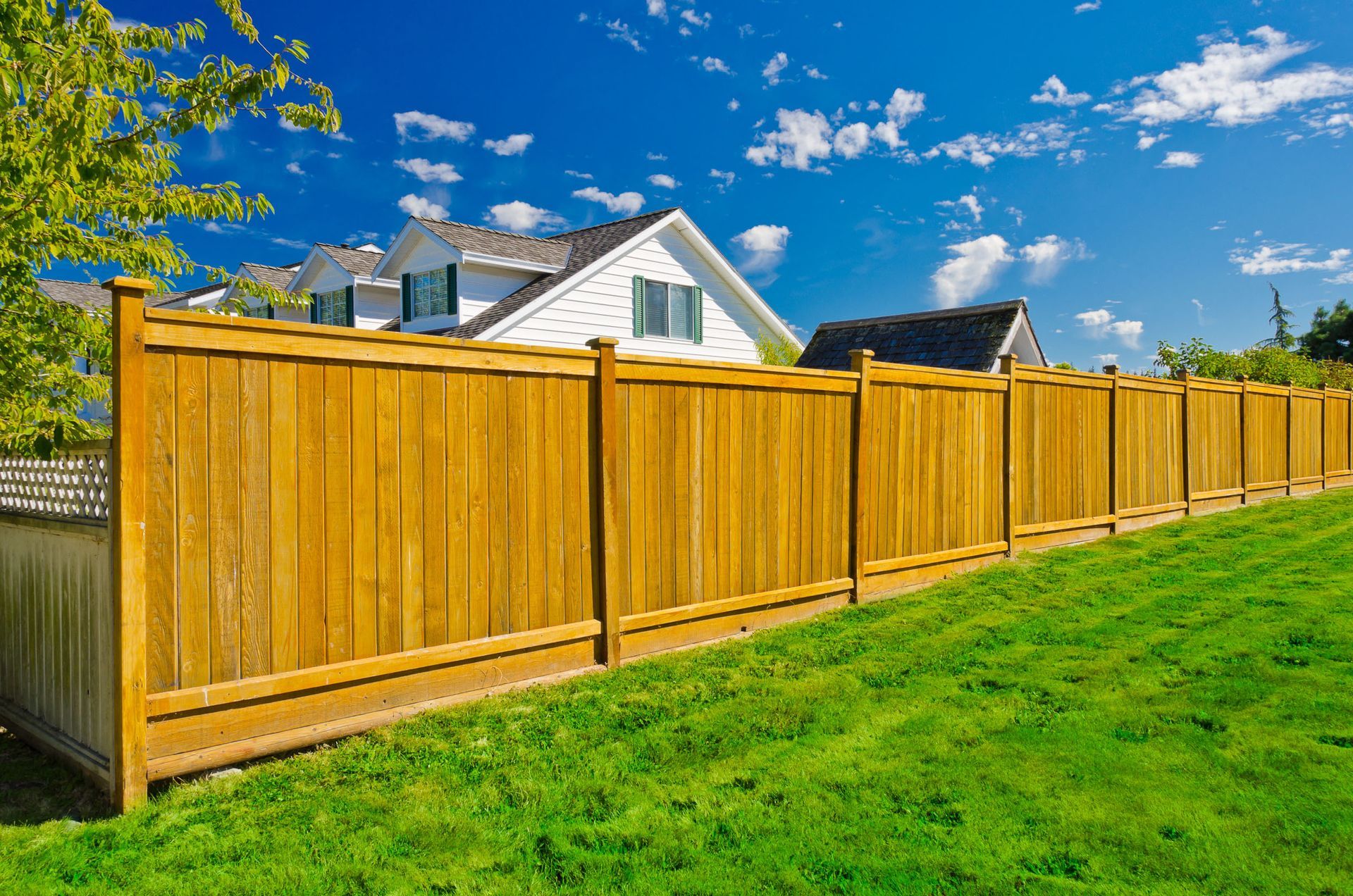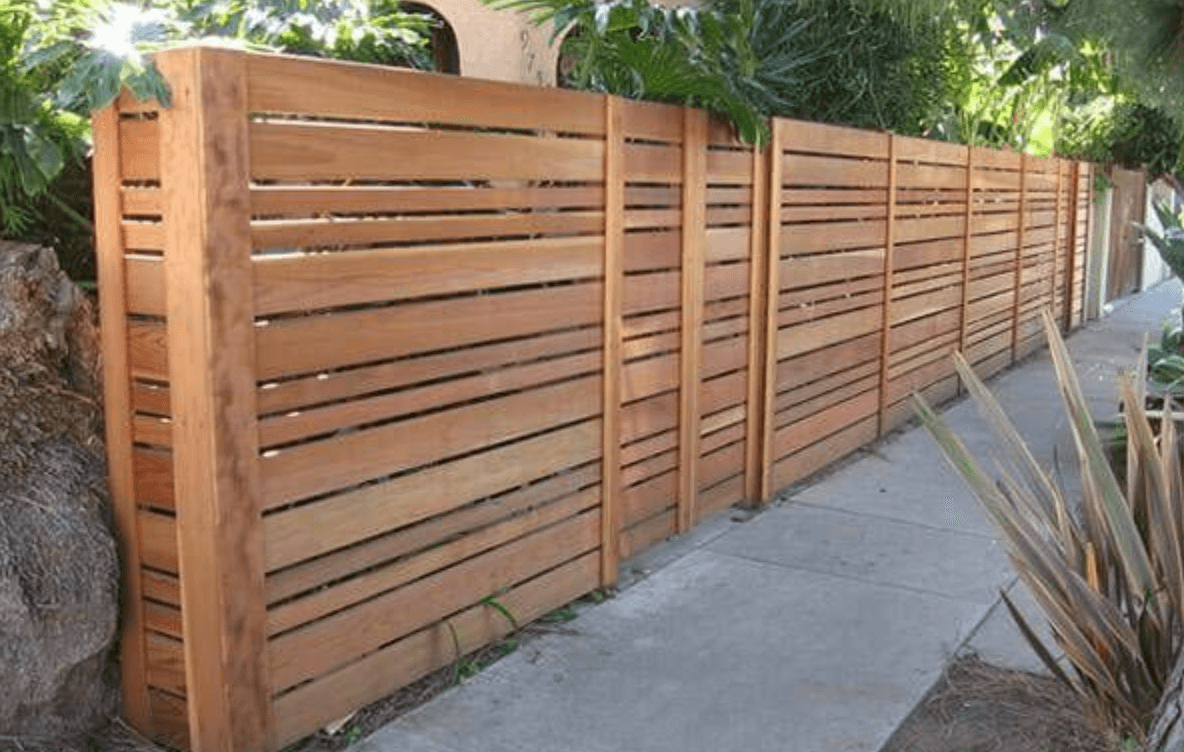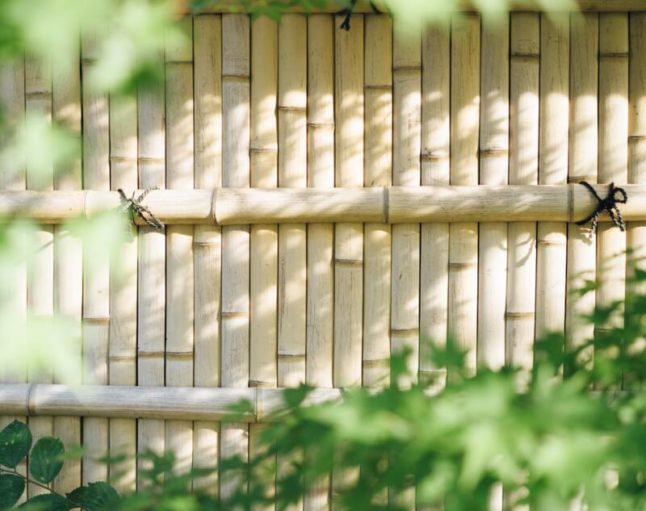Featured

Picking the right secure fencing material is necessary for achieving the balance of durability, visual appeals, and capability that suits your building. Timber, plastic, and aluminum are popular options, each with one-of-a-kind functions that cater to certain needs. Here's an in-depth consider the benefits and drawbacks of these 3 products.
Wood Secure Fencing. Pros:. Ageless Allure: Timber supplies a natural, traditional look that matches various building styles. Adjustable: It can be painted or discolored in a selection of designs and colors. Cost effective: Timber fences are frequently more affordable upfront than vinyl or light weight aluminum. Eco-Friendly: As a renewable energy, timber is eco-friendly and lasting when sourced responsibly. Disadvantages:. Maintenance-Intensive: Needs routine discoloration, painting, or sealing to shield versus weather and bugs. Shorter Life Expectancy: Depending upon the kind of wood and climate, it commonly lasts 10-15 years. Susceptability to Damage: Prone to rotting, warping, and termite damage without proper treatment. Timber is suitable for homeowners who value appearances and agree to invest effort and time in maintenance to extend its life.
Vinyl Secure Fencing. Pros:. Durable: Resistant to parasites, rot, and weather, vinyl preserves its structure in extreme problems. Low Maintenance: Requires little maintenance beyond periodic cleaning. Long Life expectancy: Plastic can last 20-30 years without considerable wear or damage. Functional Styles: Offered in numerous shades, appearances, and designs, including alternatives that imitate timber. Cons:. Pricey Setup: Plastic fences are much more expensive to set up contrasted to wood. Weak in Cold Weather: Plastic can crack in extreme cold environments. Tough to Repair work: If harmed, whole sections might need replacement, which can be testing to match. Vinyl fence is a great choice for those prioritizing durability and very little maintenance, even if it features a greater ahead of time cost.

Aluminum Fencing. Pros:. Rust-Resistant: Aluminum does not rust, making it excellent for moist or humid areas. Strong however lightweight: Deals strength without being overly hefty, which simplifies installation. Low Upkeep: Calls for little bit more than cleaning and periodic repainting. Durability: Light weight aluminum fences can last for decades without significant degeneration. Elegant Styles: Frequently utilized for decorative objectives, light weight aluminum includes class to any home. Cons:. High Preliminary Cost: Light weight aluminum fencings are among the extra pricey alternatives. Restricted Personal privacy: Usually made with open spaces, they don't obstruct sights or noise. Susceptible to Dents: While sturdy, aluminum can be nicked or bent with hefty influence. Aluminum is best fit for those who desire a durable, elegant fencing and don't need total privacy.
Making the Right Choice. Each product has its toughness and weaknesses:

Wood is best for typical visual appeals and eco-conscious purchasers that do not mind maintenance. Vinyl functions for homeowners looking for a weather-resistant, low-maintenance option. Light weight aluminum is a sturdy, attractive option for those that want elegance and longevity. Consider your top priorities-- whether it's price, look, privacy, or upkeep-- and get in touch with a fencing specialist to select the material that finest satisfies your requirements. A well-selected fencing will improve your home for years to come.
Latest Posts
Discover Montclare Auto Repair’s Premier Services and Why Drivers Rely On Them
Published May 26, 25
1 min read
Find Cost-Effective Auto Repairs with Montclare’s Exclusive Service Specials
Published May 23, 25
1 min read
Design Your Dream Wedding at Deauville Inn: Unforgettable Waterfront Venues
Published May 23, 25
2 min read
More
Latest Posts
Discover Montclare Auto Repair’s Premier Services and Why Drivers Rely On Them
Published May 26, 25
1 min read
Find Cost-Effective Auto Repairs with Montclare’s Exclusive Service Specials
Published May 23, 25
1 min read
Design Your Dream Wedding at Deauville Inn: Unforgettable Waterfront Venues
Published May 23, 25
2 min read